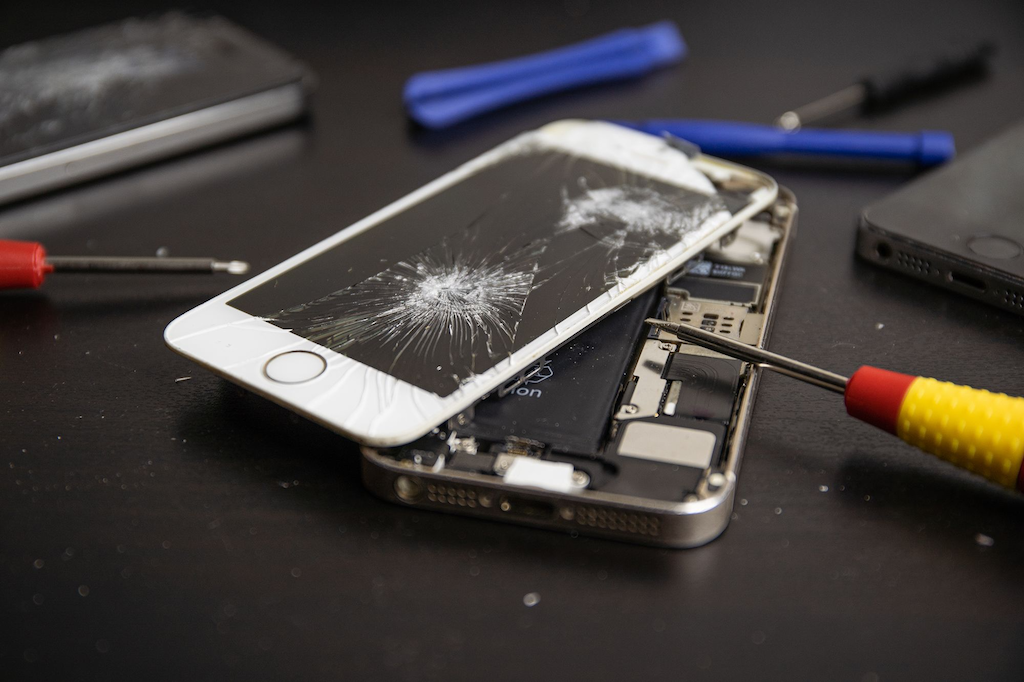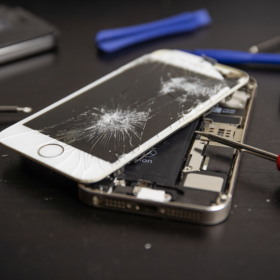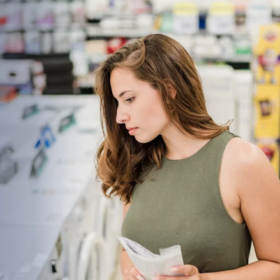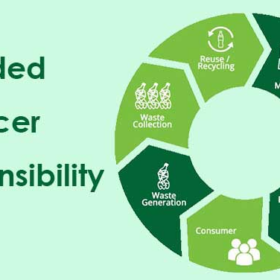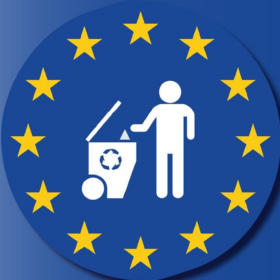The European Parliament has introduced new rules to repair broken products. Producers now have an obligation to repair their own products.
Electronic waste is one of the fastest-growing waste streams in the world, as manufacturers of phones and laptops make their products harder to repair. And it’s not just digital devices – the number of household appliances that break within 5 years of purchase has also skyrocketed.
The European Parliament has adopted a new directive giving consumers the right to ask for broken products to be repaired instead of replaced. The new rules will make it easier, more affordable and environmentally friendly to repair products. Producers will be obliged to offer repair services at a reasonable price and within a reasonable time, even after the end of the product’s warranty period, thus ensuring a longer product life and reducing waste.
- Manufacturers are obliged to provide repair services at competitive prices and within a reasonable timeframe, even after the expiry of the warranty period.
- Consumers must have access to spare parts, the necessary tools and relevant repair information.
- Incentives will be developed to facilitate and encourage repairs, and a web platform will be set up to bring together all the necessary information.
Directive (EU) 2019/771 will focus on achieving a more efficient functioning of the internal market while ensuring a high level of consumer protection and promoting more sustainable consumption. This Directive complements the objectives of the Green Paper by shifting the economy towards recycling to reduce waste and resource use.
The Directive encourages sustainable consumption and obliges producers to repair broken products. Products repaired during the warranty period will have their warranty extended by one year, giving consumers an additional reason to opt for repair. After the end of the official warranty period, manufacturers must repair all technically repairable household appliances, including washing machines, vacuum cleaners and smartphones.
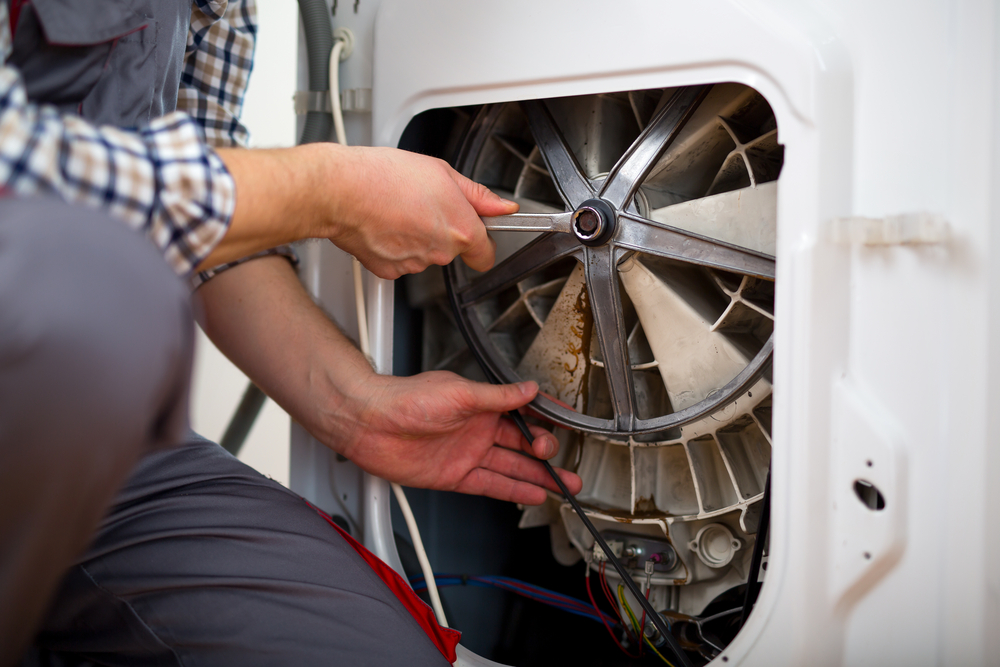
Products covered by the Directive
The Directive will directly affect economic operators providing repair services for, or manufacturing or importing, the following products (see Article 5 of the proposal and Annex 2 to the proposal for more details):
- Household washing machines
- Household dishwashing machines
- Refrigerating and freezing appliances
- Displays
- Welding equipment
- Vacuum cleaners
- Servers and data storage products
- Mobile phones, cordless phones and tablets
The European Parliament has also created a European Repair Information Form, which will make it easier for consumers to obtain information from repairers on the nature of the work, the cost and the time taken in a uniform and comparable way. In addition, a pan-European online platform has been created to provide information on repairers, sellers of refurbished products and other related services.
Manufacturers are obliged to ensure the availability of spare parts and the necessary tools at reasonable prices. Independent repairers are also allowed to use 3D-printed or second-hand spare parts. To facilitate repairs and stimulate the market for repair services, Member States are allowed to introduce different incentives, such as discount vouchers or repair funds.
What is the obligation to repair products?
The Product Repair Obligation is a European Union regulation that requires manufacturers to repair broken products within a certain period of time and at a reasonable cost, even after the official guarantee period has expired. This obligation applies to technically repairable products such as household appliances and electronic equipment.
The aim of the obligation is to prolong the lifetime of products, reduce waste and promote more environmentally friendly consumption. Producers must also ensure the availability of spare parts and repair facilities to enable both official repairers and independent repairers to carry out repairs. The obligation to repair products will help consumers to make more sustainable choices, thereby supporting the circular economy and reducing the demand for new products.
The Directive complements the EU’s eco-design rules and the ban on misleading green advertising.
The proposed legislation will support, inter alia, sustainable consumption, sustainable growth and innovation, as called for in actions 6, 7 and 10 of proposal 5 of the Final Report of the Conference on the Future of Europe and action 2 of proposal 11. The Directive will enter into force following its publication in the Official Journal of the European Union. Member States will then have two years to transpose the new rules into national law.
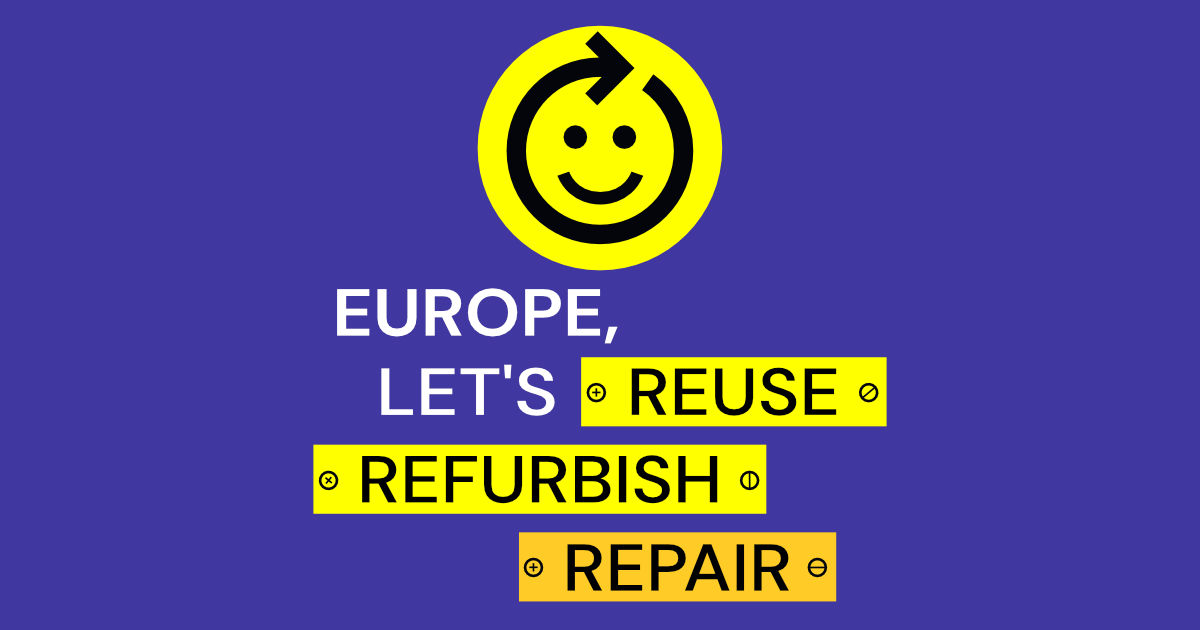
Right to repair
“Right to Repair is a movement representing over 100 organisations in 21 European countries. The movement advocates the right of consumers to repair and update their electronic equipment and other products themselves or with the help of an independent service provider. “Right to Repair fights against restrictions that manufacturers may impose, such as limitations on the availability of special equipment, tools, spare parts and information, which make it difficult or impossible to repair products outside the manufacturer’s authorised service centres.
The problem is simple. Over time, everyday products have become increasingly difficult to repair. In this context, e-waste is the fastest growing waste stream in the world, with global e-waste generation growing five times faster than the documented recycling of e-waste.
What’s more, manufacturers of phones and laptops are making their products increasingly difficult to repair. And it’s not just digital devices – the failure rate of household appliances within the first five years of use has also risen sharply.
Join the most effective producer
responsibility organisation in Estonia.
Companies selling electronic equipment in Estonia must join a producer responsibility organisation.
- Obligation to repair now as a law: the European Parliament obliges manufacturers to repair broken products
- Notification Obligation for Retailers and Online Stores in Electronic Waste Management
- Extended Producer Responsibility
- Waste Electrical and Electronic Equipment Directive
- A most effective E-Waste Recycling company in Estonia
- Eesti Elektroonikaromu: Leading the Way in Electronic Waste Management in Estonia

